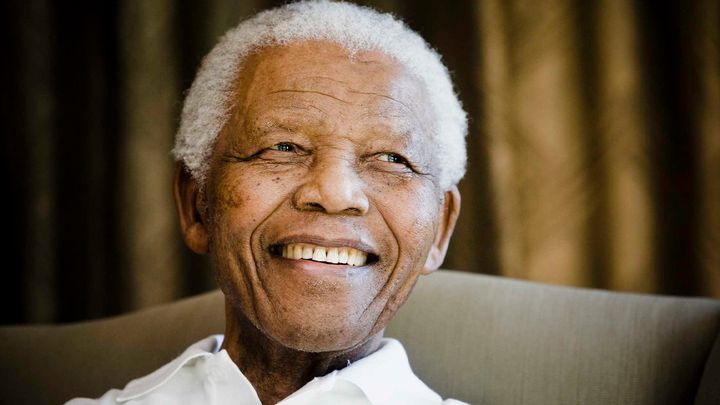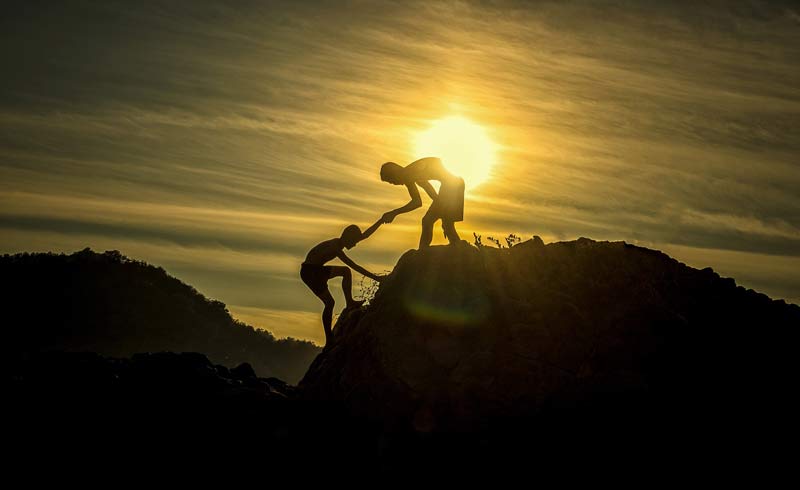“The Age When Great Men Were Born” is a phrase that evokes a sense of nostalgia and reverence for the past.
It suggests a period in history marked by the emergence of influential and extraordinary individuals—perhaps leaders, thinkers, inventors, or artists—who had a significant impact on the world.
Here are some thoughts on this concept:
Wikipedia describes the Great Man theory as a 19th-century approach to studying history, which posits that the impact of great men or heroes—individuals with superior intellect, heroic courage, extraordinary leadership abilities, or divine inspiration—largely explains historical events due to their decisive influence.

There is no definitive answer to when great men were born, as greatness can be defined in different ways and by different criteria.
However, some possible ways to approach this question are:
- Historical Significance: This phrase implies a golden era, where individuals with remarkable talents or revolutionary ideas came forth. It could refer to various periods in history, like the Renaissance, the Industrial Revolution, or any other era known for breakthroughs and advancements.
- Inspiration and Aspiration: Such a statement can inspire people to learn about historical figures and their contributions. It may also encourage individuals to aspire to greatness themselves, reflecting on the qualities that made these past figures noteworthy.
- Romanticizing the Past: While it celebrates historical achievements, it can also be seen as romanticizing the past, perhaps overlooking the complexities and challenges of those times.
- Context-Dependent Interpretation: The interpretation of this phrase can vary depending on the context in which it’s used. A motivational speech might serve to inspire, while a historical discussion could lead to an analysis of what made that era unique.
- Inclusivity Considerations: Modern interpretations might critique the phrase for its focus on “men,” suggesting a need to recognize and celebrate contributions from all genders.
- Reflective of Continuous Human Progress: The phrase might also prompt a reflection on how every age has its share of great individuals and that greatness is not confined to the past.
What are some qualities of a great man?
The concept of a “great man” is subjective and can vary widely based on cultural, historical, and individual perspectives.
However, there are several qualities commonly attributed to those considered great in various fields. These include:
Integrity: Adherence to moral and ethical principles and the strength to do what is right, even in the face of personal or professional challenges.
Leadership: The ability to inspire and motivate others, leading by example and with vision.
Courage: Willingness to face fear, uncertainty, and difficulties with resolve and determination.
Empathy and Compassion: The capacity to understand and share the feelings of others, and to act with kindness and consideration.
Wisdom: Not just intelligence, but the application of knowledge and experience to make sound judgments and decisions.
Resilience: The ability to recover quickly from hardships and to persist in the face of adversity.
Innovativeness and Creativity: The ability to think outside the box and bring forth new ideas, solutions, or contributions.
Humility: Recognizing one’s limitations and showing respect and empathy for others, regardless of their status or relationship to you.
Visionary Thinking: The ability to see beyond the immediate and envisage what could be possible in the future.
Discipline and Work Ethic: Commitment to consistent hard work, self-control, and the pursuit of excellence.
Influence and Impact: The ability to effect positive change and leave a lasting impact on others, a community, or society as a whole.
Adaptability: The skill to adjust to new conditions and to remain effective in a variety of environments and situations.
These qualities are often seen in influential leaders, thinkers, innovators, and change-makers across history and in contemporary society.
It’s also important to note that greatness can manifest in everyday actions and decisions, not just in grand or historic achievements.
The Great Men in Today’s Society
In today’s society, the definition of “great men” has evolved to include a diverse array of individuals who contribute significantly in various fields, such as technology, science, politics, art, and social activism.
Greatness is often attributed to those who have made impactful contributions to society, advanced human knowledge or welfare, or inspired significant positive change.
Here are some examples from various spheres:
Technology and Business:
- Elon Musk: Known for leading Tesla and SpaceX, Musk is recognized for his contributions to electric vehicles, renewable energy, and space technology.
- Satya Nadella: As the CEO of Microsoft, Nadella has been influential in steering the company towards cloud computing and AI technologies.
- Sundar Pichai: The CEO of Alphabet Inc. and its subsidiary Google LLC
- Jeff Bezos: The founder of Amazon, one of the biggest and most popular companies in the world
Science and Medicine:
- Dr. Anthony Fauci: An immunologist who played a crucial role in the research and management of the COVID-19 pandemic.
- Dr. Kizzmekia Corbett: An immunologist who was at the forefront of developing the Moderna COVID-19 vaccine.
Humanitarian and Social Work:
- Malala Yousafzai: An advocate for girls’ education and the youngest Nobel Prize laureate.
- Bryan Stevenson: A lawyer and social justice activist, known for his work in fighting poverty and challenging racial discrimination in the criminal justice system.
Arts and Literature:
- Lin-Manuel Miranda: Renowned for creating and starring in the groundbreaking musical “Hamilton,” Miranda has made significant contributions to modern theater.
- Haruki Murakami: A celebrated author known for his unique narrative style blending the mundane with the fantastical.
Politics and Leadership:
- Barack Obama: The 44th president of the United States and the first African American to hold the office, known for his oratory skills and policy achievements.
- Nelson Mandela: The first black President of South Africa who played a significant role in ending apartheid
- Justin Trudeau: The Prime Minister of Canada, known for his focus on social issues like gender equality, climate change, and immigration.
- Xi Jinping: The current leader of the People’s Republic of China
Environmental Advocacy:
- David Attenborough: A broadcaster and natural historian known for his documentaries that highlight the beauty of the natural world and the need for environmental conservation.
Sports:
- LeBron James: Not just celebrated for his achievements in basketball but also for his activism and philanthropy.
These individuals represent just a small sample of many who could be considered “great” in their respective fields today. Their influence and contributions have had a significant impact on society and continue to shape the future in various ways.
The Enduring Legacy of Greatness
The concept of greatness often transcends the boundaries of a lifetime, gaining true recognition and reverence in the aftermath of an individual’s journey.
The idea that “great men are born the day they die” profoundly reflects on the enduring nature of legacy and impact.
It suggests that the true measure of one’s greatness often comes to light posthumously, as their deeds, achievements, and contributions are fully recognized, appreciated, and integrated into the collective memory of society.
This posthumous elevation can be seen across various fields and eras, where historical figures, once marginal or misunderstood, become celebrated and influential after their passing.
Their ideas or creations, perhaps too avant-garde or radical during their lifetime, find their rightful place in history only later.
In death, individuals often ascend to a symbolic status, embodying ideals or causes much larger than themselves.
This re-evaluation and reflection prompted by their passing allow us to see their lives and work in a more comprehensive context, often leading to a fuller and more nuanced understanding of their true impact.
Your Role in the Enduring Story of Greatness
As we reflect on the tapestry of history, woven with the threads of great people who have left indelible marks on the fabric of our society, it becomes evident that greatness is not confined to a singular age or gender.
The legacy of these influential figures, from the pioneers of the Renaissance to the visionaries of the modern era, transcends time and continues to inspire generations.
In today’s rapidly evolving world, where challenges and opportunities coexist, the qualities that define historical greatness—integrity, courage, empathy, and visionary thinking—remain as relevant as ever.
We find ourselves surrounded by contemporary greats who, in fields ranging from technology to humanitarianism, are reshaping our world and paving the way for future advancements.
As we stand on the shoulders of these giants, it is our collective responsibility to recognize and nurture potential greatness in every corner of our society.
By doing so, we not only honor the legacy of those who came before us but also contribute to a future where greatness is not an exception but a common pursuit.
In conclusion, the age when great people were born is not a moment lost in history; it is an ongoing era, continually renewed with each generation’s contributions.
It is an age that we are all a part of—an age where every individual has the potential to leave a lasting impact, shaping a world that those coming behind will be proud to inherit and further enrich.











